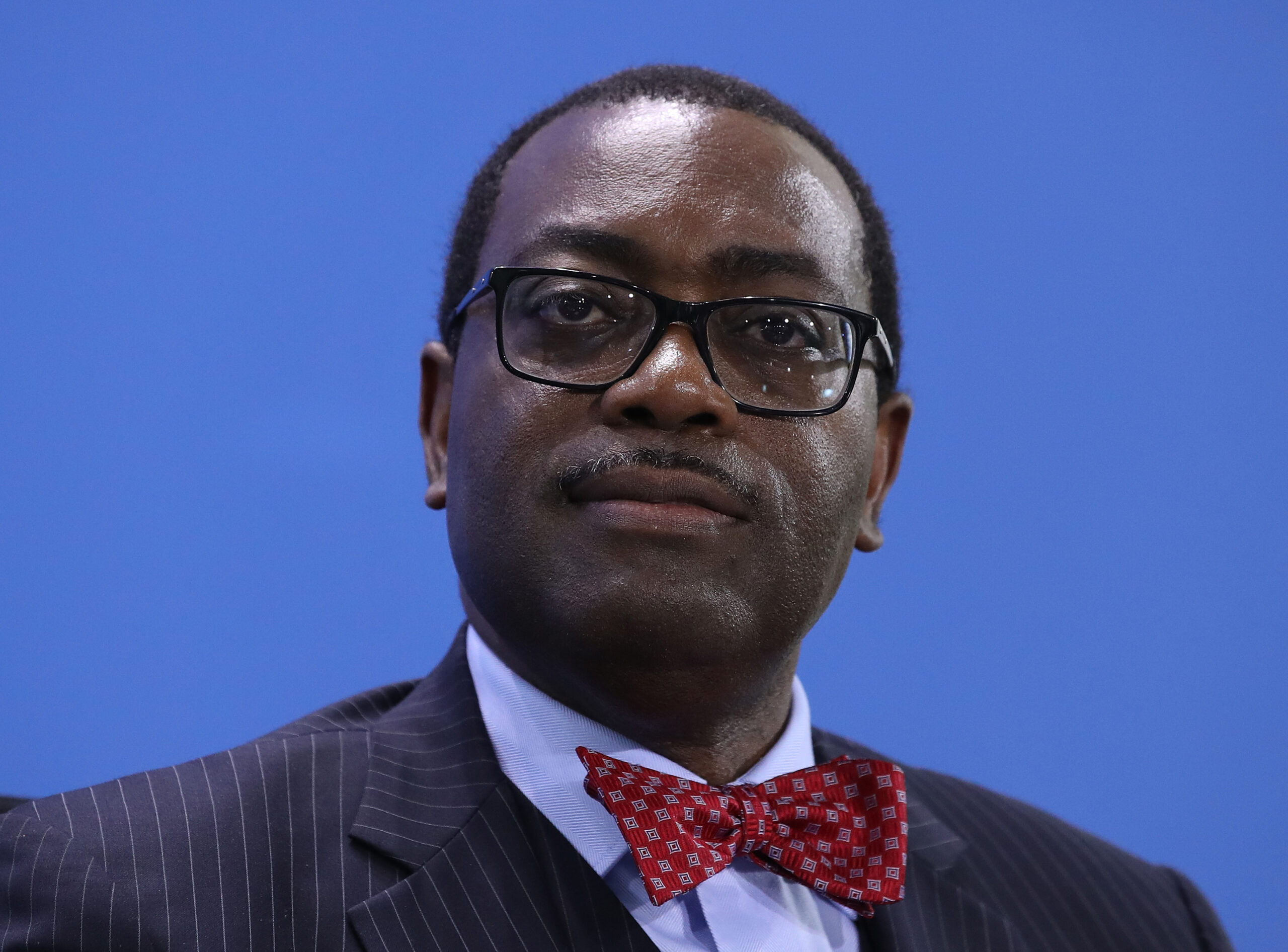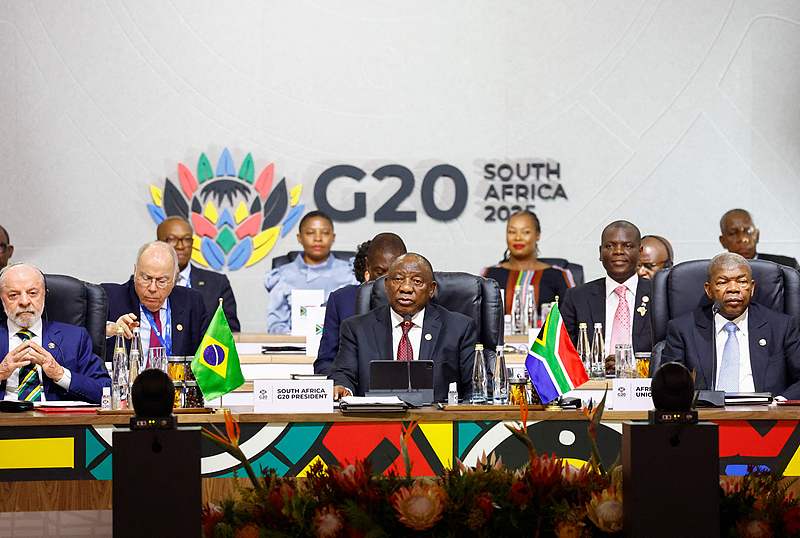
AfDB President calls for significant financial changes to address Africa’s economic challenges
African Development Bank (AfDB) President Akinwumi Adesina once again called for a reform of the global financial architecture to help Africa overcome modern-day challenges that threaten its strong economic prospects.
Adesina said this move will help induce greater financial investments which, in turn, will help the continent tackle two of its current major economic challenges: climate change and rising debt levels.
Adesina said the G20 Common Framework needed urgent work on debt treatment to deliver even quicker debt resolution for countries. This, he noted, will help avoid another “lost decade” such as the one the continent experienced in the 1990s due to a sharp decline in per capita GDP.
“The African Development Fund, which supports Africa’s 37 low-income countries, will need at least 25 billion U.S. dollars for its 17th replenishment to be bolder, bigger, and effective in providing much-needed concessional financing for countries,” Adesina said during a keynote address at London’s Chatham House.
Furthermore, Adesina said the global financing system needs to deliver more for Africa and avoid economic divergences that slowed down the continent’s economic recovery during global shocks. To aid this, Adesina said the AfDB was developing an African Financial Stability Mechanism to protect African economies from liquidity shocks and build economic resilience.
“African countries need fairer access to global capital markets to lower liquidity pressures and reduce debt service payments, and fairer credit ratings to help them pay back all their debt obligations and, in the process.”
A fairer credit rating could save Africa at least 75 billion U.S. dollars annually in debt service payments. Africa’s debt service repayments have increased nearly five times from 17 billion U.S. dollars in 2010 to 74 billion U.S. dollars in 2024.
“The trajectory for Africa will be much stronger as we tackle these challenges, as well as improve security and expand more concessional financing and private sector financing,” Adesina said.
However, Adesina cautioned that Africa should focus on growing its own domestic financing rather than relying on external financing. He said this could be done through various methods, key among them strong macroeconomic and fiscal management, expansion of tax revenues, reduction of corruption and illicit capital flows, and improvement of public financial management.






